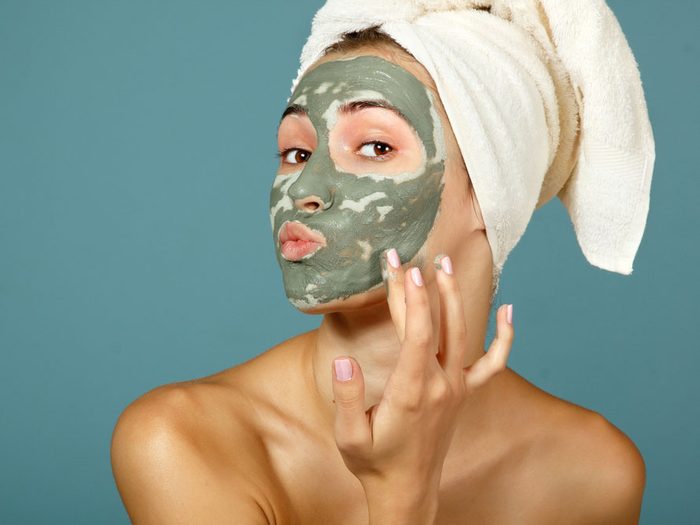
Multiple Step Skincare
Despite the proliferation of multi-tasking formulations, our skincare routines are getting longer to accommodate more products. Case in point: essences and facial oils that are patted onto cleansed skin before moisturizer for a weightless hydration boost and that just-had-a-facial glow. (12-step skincare, anyone?)
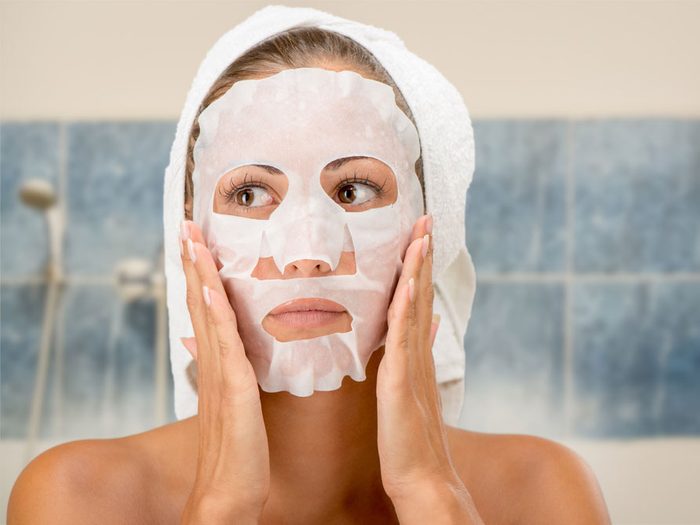
Multi-masking
The days of using an entire line for one particular skincare concern are numbered. Keshan Gunasinghe, associate director of global face research and development for Neutrogena, foresees more people embracing a mixed bag of products as we hone in on our skin’s individual needs. “The idea of curating the right combination of products is becoming much more important,” says Gunasinghe. An extreme example of this is multi-masking, which involves creating a patchwork of different masks on your face.
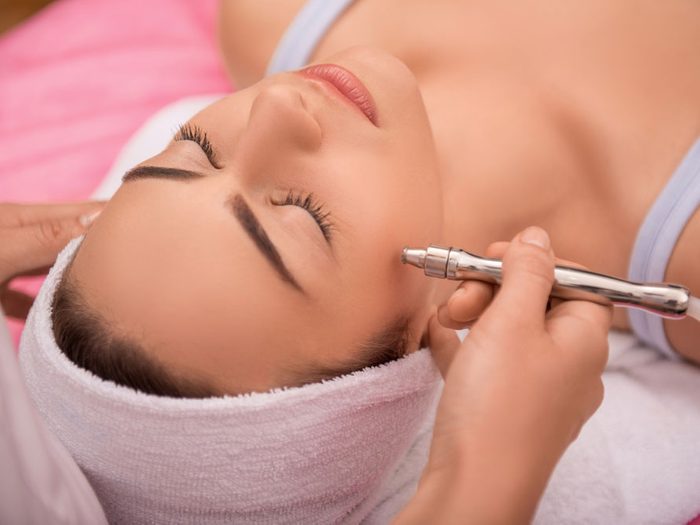
Custom Skincare
Companies like Geneu in the U.K. and SkinShift in the U.S. have started to get personal with skincare, using DNA tests to determine an ideal mix of products from their own lines. For those who want a tailor-made solution, some boutique brands are offering to mix up custom cocktails based on your skin’s specific needs.
So will bespoke skincare become the new normal in the next few years? Gunasinghe isn’t convinced. “I think it’s probably going to remain niche until we have the technology to deliver [customized products] in a much bigger way to more of the mass market,” he says.
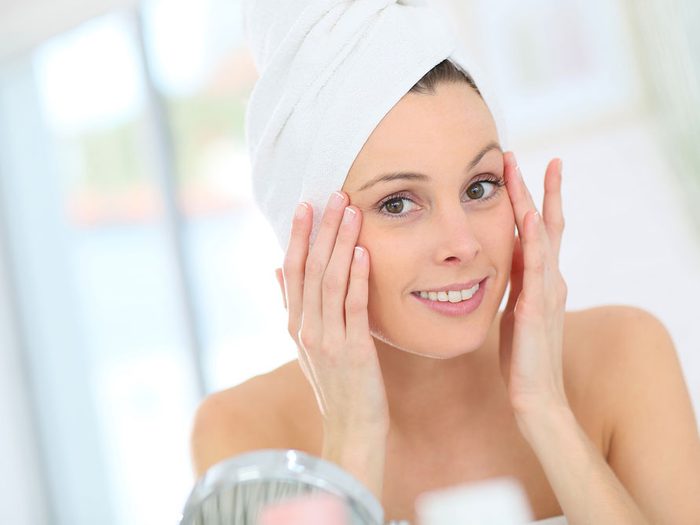
Layers of Lightweight Moisture
We’re definitely lightening up when it comes to hydration. Gunasinghe goes so far as to predict that thick creams will become a thing of the past as we replace them with layers of multiple lightweight products. “I think we’ll move away from very heavy, occlusive products to much lighter layering,” he says. “We are already seeing more gel creams, essences and emulsions on shelves – a trend that will continue to grow.”
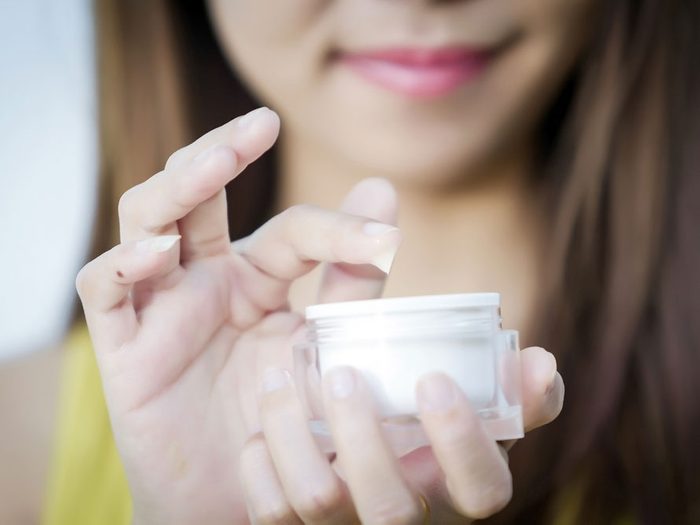
Micro- and Nano-particles
Gunasinghe and his team know that even the most effective products are useless if no one likes putting them on. “Getting that balance between delivering efficacy and having a great sensory profile is very important,” he says. Researchers are currently focusing on micro-encapsulation and nanoparticles (ultra-fine particles that measure in at one millionth of a millimetre), which help preserve active ingredients while making it easier for them to penetrate skin. Some natural sunscreen formulas have already made use of this technology. The result: lighter, silkier sunscreens that won’t make you look like a ghost.
According to Diana Howard, vice-president of research and development and global education for Dermalogica and The International Dermal Institute, there is still work to be done before nanoparticles can safely appear in all of our skincare products. “Hopefully in the next few years, we will understand more about nanotechnology and how we can optimize the delivery of molecules without sacrificing safety,” she says.
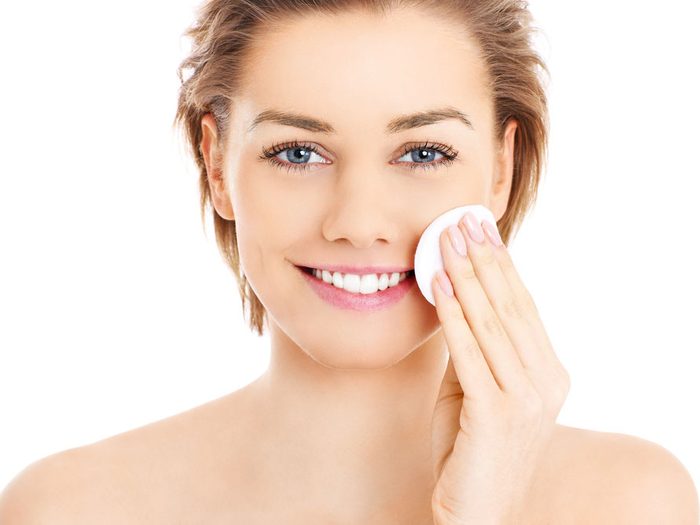
Not so Basic Cleansers
In an age of 10-in-one miracle products, the humble cleansing category is one that Gunasinghe considers ripe for disruption. “Cleansing is very basic in the eyes of consumers compared to other, more exciting steps that give an immediate effect,” he says. Although he can’t reveal specifics, Gunasinghe is keen to direct Neutrogena’s R&D attention to cleansers with added benefits to help improve the efficacy of other products.
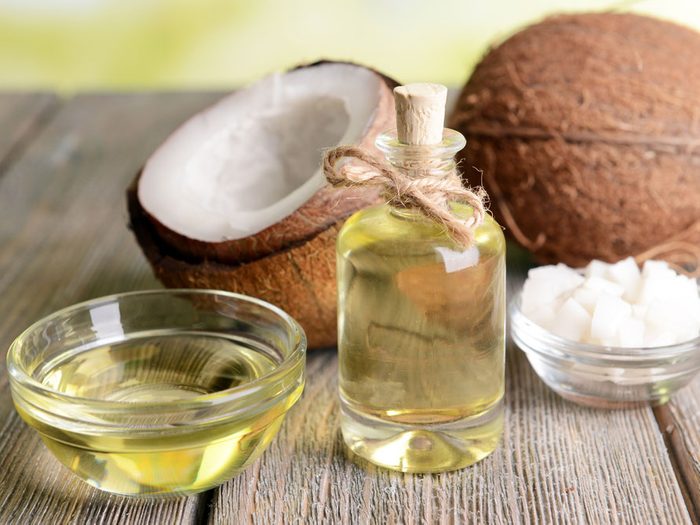
Natural Ingredients
We’ll continue to see products based on natural ingredients, particularly from under the sea. “Active extracts from larger species of brown and red marine seaweeds and even smaller unicellular algae have been studied for their unique chemicals that benefit the skin,” says Howard.
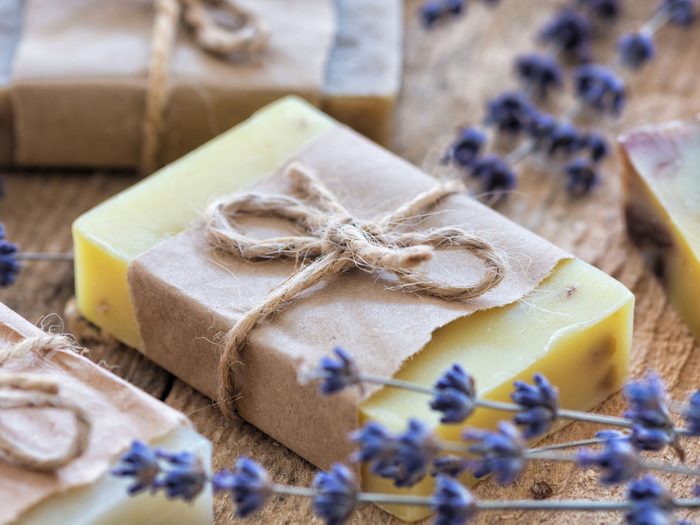
Eco-friendly Formulas
In the wake of microbead bans – after a study found high levels of the plastic beads from face and body scrubs in the Great Lakes – and a boom in natural beauty products, consumers are becoming more aware of how products affect the environment, and cosmetics companies are taking note. “We need to be more conscious of where we get our ingredients and how they impact the environment,” says Howard. Over the next decade, she predicts that there will be more of a focus on sustainably sourced ingredients and environmentally friendly formulas.

Sustainability
Gunasinghe believes that companies will become more concerned with a product’s sustainability – from manufacturing to transportation to packaging. Neutrogena already reportedly has programs in place to encourage this, including prizes for teams who create the most sustainable products.
Related:
• 5 Neutral Eyeshadow Palettes You’ll Use 24/7
• The Best Plant Ingredients for Your Skin Concerns
• 5 Steps to Perfect Post-Gym Makeup
